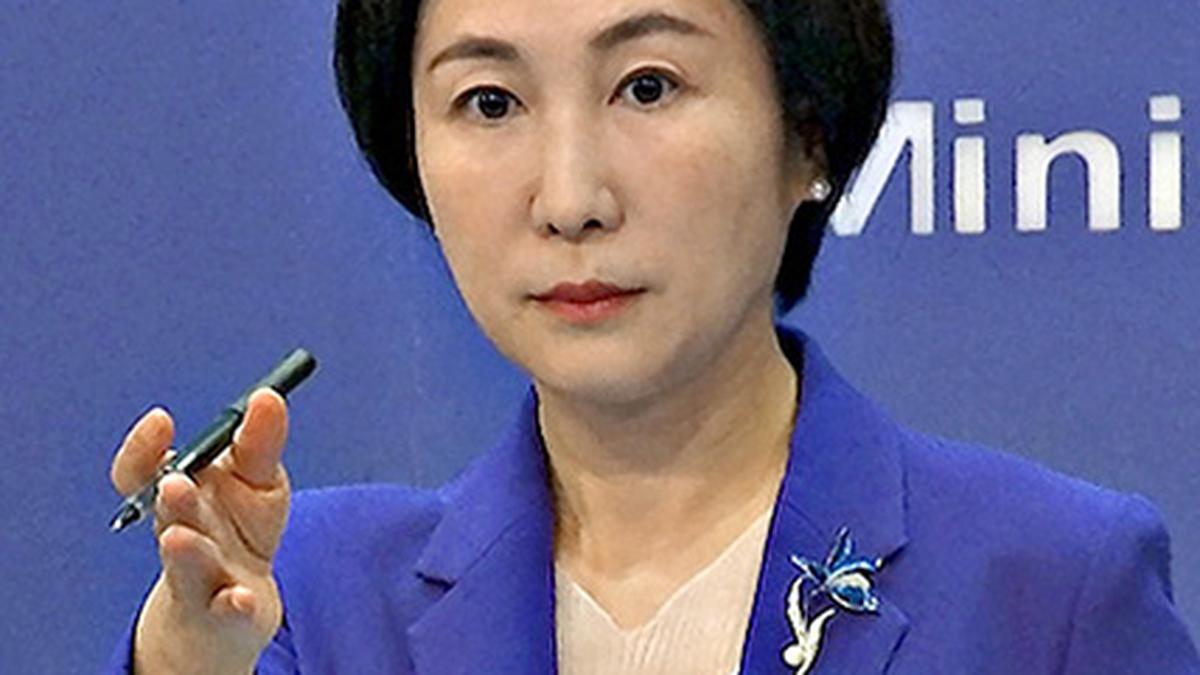
The plea said duty-free imports of yellow peas had pushed prices far below the minimum support price (MSP) assured for domestic pulses such as tur (arhar), chana and moong. File
| Photo Credit: Getty Images
The Supreme Court on Thursday (September 25, 2025) sought the Centre’s response on a petition seeking curbs on the import of yellow peas, a pulse substitute, on the ground that its influx is driving down market prices and harming the livelihood of farmers.
A Bench of Justices Surya Kant, Ujjal Bhuyan and N.K. Singh was hearing a plea filed by Kisan Mahapanchayat, a farmers’ organisation, which argued that the continuous duty-free imports of yellow peas had pushed prices far below the minimum support price (MSP) assured for domestic pulses such as tur (arhar), chana and moong. It pointed out that imported yellow peas are being sold in India at around ₹3,500 per quintal, less than half the MSP of ₹7,000–₹8,000 for domestic pulses.
Advocate Prashant Bhushan, appearing for the petitioner, submitted that the Commission for Agricultural Costs and Prices (CACP), an expert body under the Ministry of Agriculture, had in its March 2025 report recommended a ban on further imports of yellow peas and an increase in the levy of duties on other domestic pulses, particularly tur, lentil and urad. He added that NITI Aayog, in a September 2025 report, had similarly cautioned that heavy reliance on imports was unsustainable and urged the government to undertake policies to incentivise domestic cultivation.
“There have been numerous reports of expert bodies, including those of the government, recommending that yellow pea imports be stopped as they impact large sections of Indian farmers,” he said.
Justice Kant, however, asked whether domestic pulse production was adequate to meet national demand. “Do we have enough production to cater to our needs? Farmers cannot afford storage facilities. They are compelled to sell early and end up receiving less than even the MSP,” he said.
‘Farmers are dying’
Mr. Bhushan stressed that farmers were being forced to sell their produce at prices lower than their cultivation costs, as duty-free imports had eroded market prices. He further contended that the government’s orders permitting free imports of yellow peas were issued “without any reasons whatsoever.”
“Everybody is expressing concern… Farmers are dying. They are committing suicide,” he submitted.
The Bench observed that it was inclined to issue notice in light of recommendations from expert bodies such as the CACP and NITI Aayog. “We are inclined to issue notice only because of reports from these highly responsible institutions. But ultimately, it has to be ensured that the net result is not the suffering of the consumer,” it said.
The petition also highlighted that the government’s import policy runs contrary to the recommendations of its own institutions. It cited official data showing that India imported an unprecedented 6.7 million tonnes of pulses in 2024, of which yellow peas alone accounted for 2.9 million tonnes.
“Most of the imports have been below the MSP rates, which are seriously impacting farmers’ earnings and distorting the Indian market for pulses. The sharp increase in imports has raised serious concerns among domestic producers, as the influx of cheaper imported yellow peas is disrupting local markets, affecting prices, and undermining the interests of Indian farmers”, the plea, filed through advocate Neha Rathi, stated.
The issue has also prompted concerns within the government. In August, Agriculture Minister Shivraj Singh Chouhan had written to Food and Consumer Affairs Minister Pralhad Joshi, cautioning that continued duty-free imports of yellow peas were depressing domestic prices and discouraging farmers from expanding the cultivation of pulses. Earlier, in her February Budget speech, Finance Minister Nirmala Sitharaman had announced a six-year “Mission for Aatmanirbharta” (self-reliance) in pulses, with a special focus on tur (pigeon pea), urad (black gram) and masoor (red lentil).
Published – September 25, 2025 02:07 pm IST



